AI goes mainstream as shoppers tap tools like ChatGPT in daily life, Shopify research
According to a new report from Constructor and Shopify, 45% of shoppers don’t care whether a product was recommended to them by a human or by AI - as long as it’s the right fit.
Based on an online survey of more than 1,500 consumers in the UK, US and Germany, conducted in August, the research explores how shoppers discover products and decide what to buy, along with what drives them to complete or abandon a purchase. Respondents spanned age groups and income levels.
“AI has quickly become a natural part of everyday shopping. That creates both opportunities and urgency for retailers,” says Constructor CEO Eli Finkelshteyn. “As shoppers grow more comfortable and willing to engage with AI, it’s on retailers to earn their trust, by delivering experiences that aren’t just flashy. They need to be genuinely helpful, engaging and valuable.”
64% of shoppers have used generative AI (GenAI) tools like ChatGPT in their daily lives - up from 51% last year and 29% in 2023. 58% now say they would be very or somewhat comfortable using GenAI and other conversational AI tools on a retail website - up from 52% in 2024 and 42% in 2023. This comfort extends across the shopper journey, with AI helping spark inspiration and resolve purchase uncertainty.
When they arrive at a retail website, 77% often or sometimes are unsure what to buy - they may be choosing a gift, exploring a new hobby, or putting together an outfit for an upcoming event. In these moments, 60% say they’d definitely or probably be willing to let an AI shopping assistant guide them - with younger shoppers, particularly Gen Z and Millennials, most eager to try.
38% have tried agentic shopping tools like Amazon’s Rufus or Walmart’s Sparky. Among those who’ve used GenAI or AI agent features on ecommerce sites, 50% feel the experiences are always or often helpful, with 86% noting they’re helpful at least some of the time.
26%, meanwhile, believe an algorithm that’s seen their browsing and purchase history is likely to get their taste right - higher than the share who trust an influencer (18%), though still behind a close friend (46%).
19% trust an AI agent more than their partner to pick out a gift for them. Almost half think their partner would do a better job (the rest selected “not sure” or “neither”). Younger shoppers put more trust in AI: A quarter (25%) of Gen Zs (ages 18-29 in this study) think AI would pick out a better gift than their partner, compared to just 7% of Boomers (over 60 years old).
25% of shoppers usually begin searches on TikTok, including 46% of Gen Z and 31% of Millennials (ages 30-44). This falls sharply with older cohorts: dropping to 18% for Gen X (ages 45-60) and 6% for Boomers. 84% typically begin their searches with Google. 63% often begin their journey on Amazon, with notable regional differences (75% US, 62% Germany, 53% UK.).
23% of shoppers often begin searches directly on a retailer’s website. This highlights the need for retailers to create compelling experiences that both draw shoppers in and keep them there. 13% of shoppers frequently use large language models (LLMs) like ChatGPT to start a search, with strongest uptake among millennials (18%) and Gen Z (16%).
Beyond initial searches, social platforms also play a large role in discovery and purchase - with clear generational splits:
TikTok often drives discovery and purchases for 58% of Gen Z and 42% of Millennials. Instagram wins over Gen Z (54%) and Millennial shoppers (51%) too. Facebook remains a go to for Millennials (48%) and Gen X (38%). Boomers stand apart; 61% say they don’t use social platforms for discovery and purchase at all.
“Commerce has never been more dynamic - customers jump between channels, discover products everywhere, and expect experiences that just work,” says Dale Traxler, Director of Technology Partnerships, Shopify. “What merchants need now is the power to be wherever their customers are, with experiences that feel seamless and authentic at every touchpoint.”
Overall, 34% of shoppers prefer retailer apps, but that’s 50% among Gen Z, compared to just 18% of Boomers. Websites remain the preference for 43% overall, including 57% of Boomers.
Spending on retail media - such as ads in search results, product recommendations and other areas on retail sites - is surging becoming an important revenue stream for retailers and their advertising partners.
Even though 32% of shoppers have clicked on and purchased from a sponsored listing, shopper sentiment shows these ads have a long way to go. 47% of shoppers say they’re more sceptical of sponsored products than organic ones.
27% say these ads are annoying - often because they push better results too far down the page (35%), feel less relevant (34%) and clutter the shopping experience (33%). Only 6% actually like sponsored listings. 25% say it would be worth it to pay for an ad free shopping experience: a sign that many see sponsored placements as a source of friction, not value.
“Shoppers are clear: Sponsored placements have to add value, not distraction,” says Nate Roy, Strategic Director of E-ccommerce Innovation, Constructor. “When ads are meaningful and complement the shopping journey - rather than compete with organic results - they can guide discovery in ways that benefit everyone. The result is a win win win: Shoppers find what they need more easily, advertisers see stronger returns, and retailers grow revenue without sacrificing trust.”
2025 RTIH INNOVATION AWARDS
AI will be a key focus area at the 2025 RTIH Innovation Awards.
The awards. which are now open for entries, celebrate global tech innovation in a fast moving omnichannel world.
Our 2024 hall of fame entrants were revealed during an event which took place at RIBA’s 66 Portland Place HQ in Central London on 21st November, and consisted of a drinks reception, three course meal, and awards ceremony presided over by comedian Lucy Porter.
In his welcome speech, Scott Thompson, Founder and Editor, RTIH, said: “The event is now into its sixth year and what a journey it has been. The awards started life as an online only affair during the Covid outbreak, before launching as a small scale in real life event and growing year on year to the point where we’re now selling out this fine, historic venue.”
He added: “Congratulations to all of our finalists. Many submissions did not make it through to the final stage, and getting to this point is no mean feat. Checkout-free stores, automated supply chains, immersive experiences, on-demand delivery, next generation loyalty offerings, inclusive retail, green technology. We’ve got all the cool stuff covered this evening.”
“But just importantly we’ve got lots of great examples of companies taking innovative tech and making it usable in everyday operations - resulting in more efficiency and profitability in all areas.”
Congratulations to our 2024 winners, and a big thank you to our sponsors, judging panel, the legend that is Lucy Porter, and all those who attended November's gathering.
For further information on the 2025 RTIH Innovation Awards, please fill in the below form and we will get back to you asap.




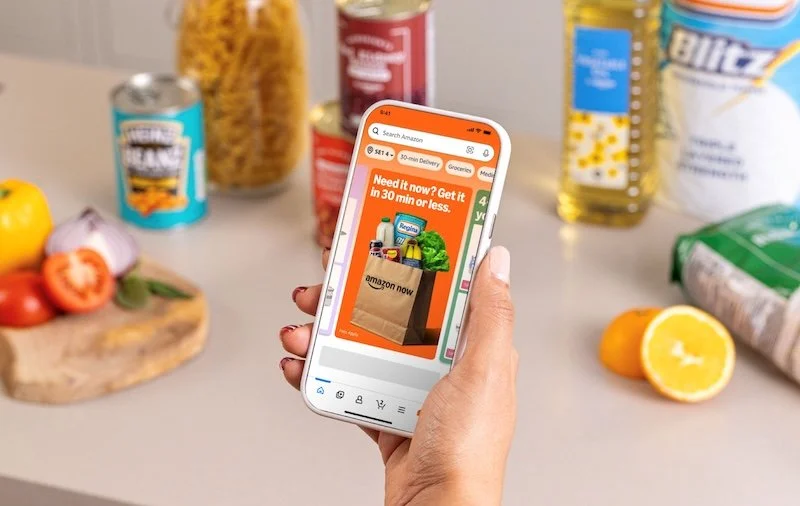
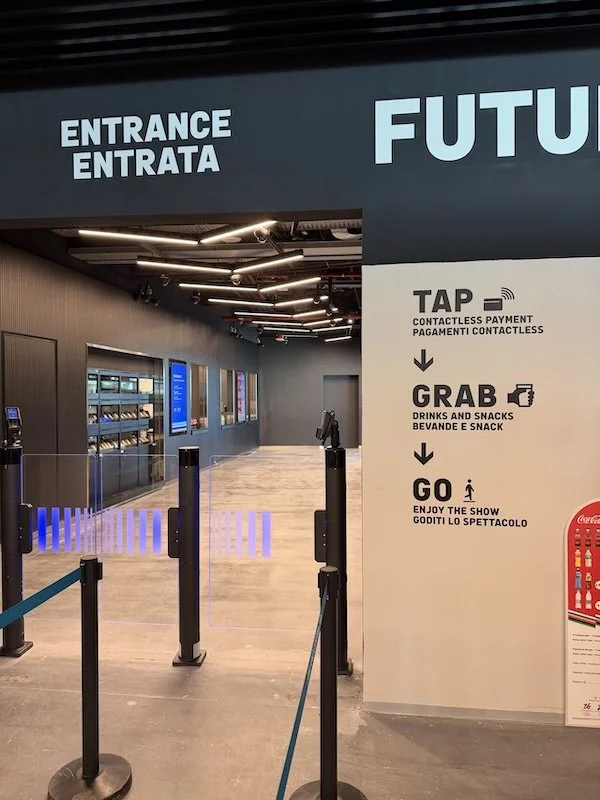


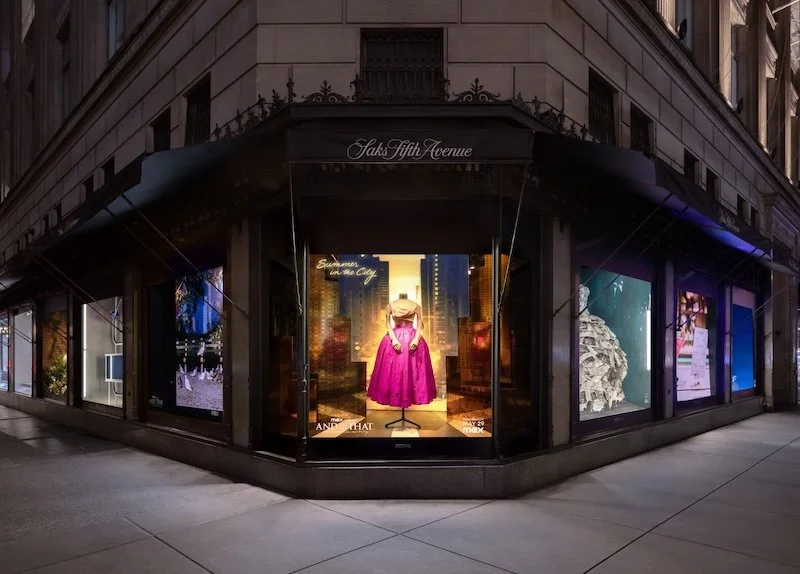
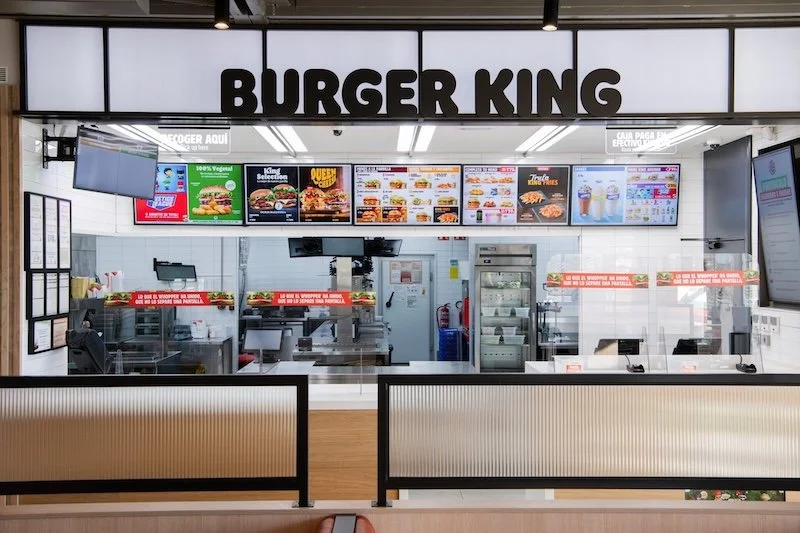




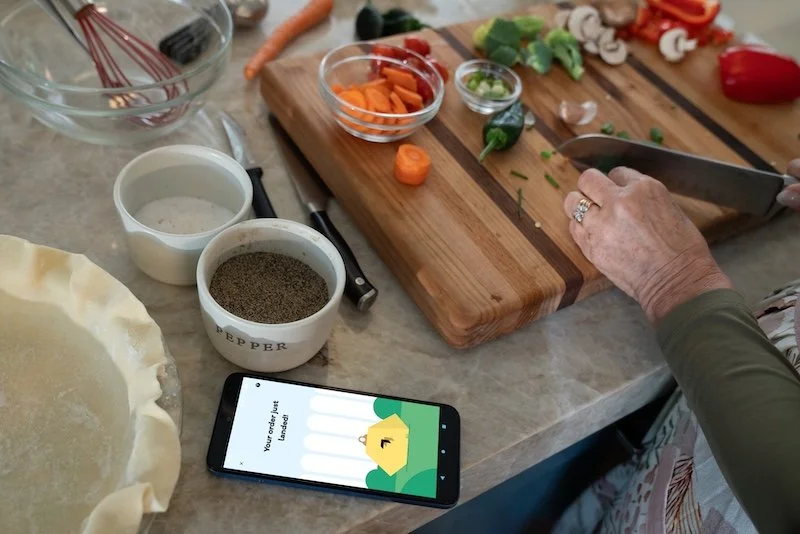


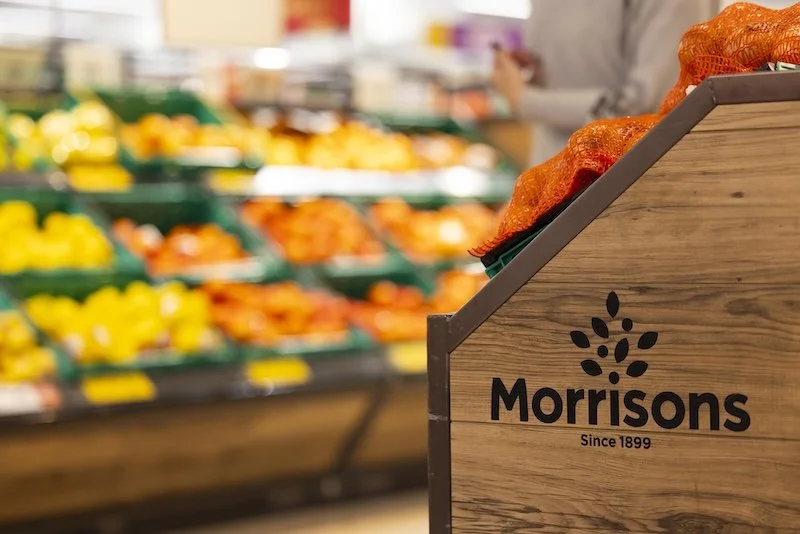
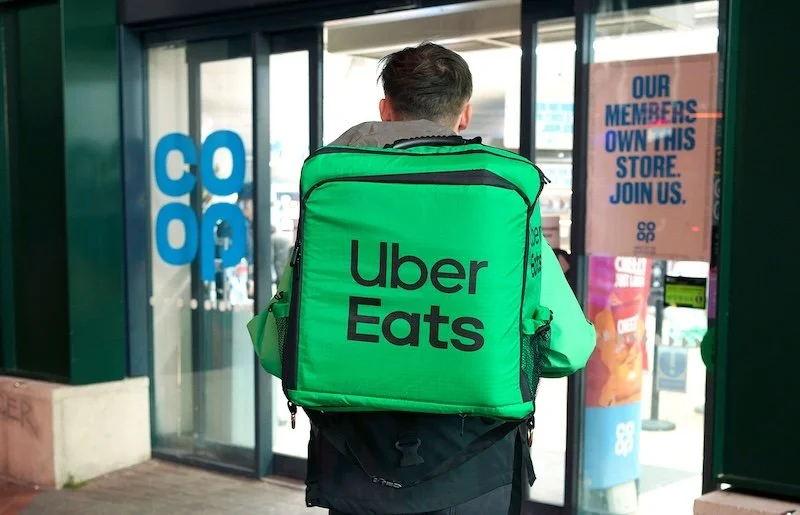
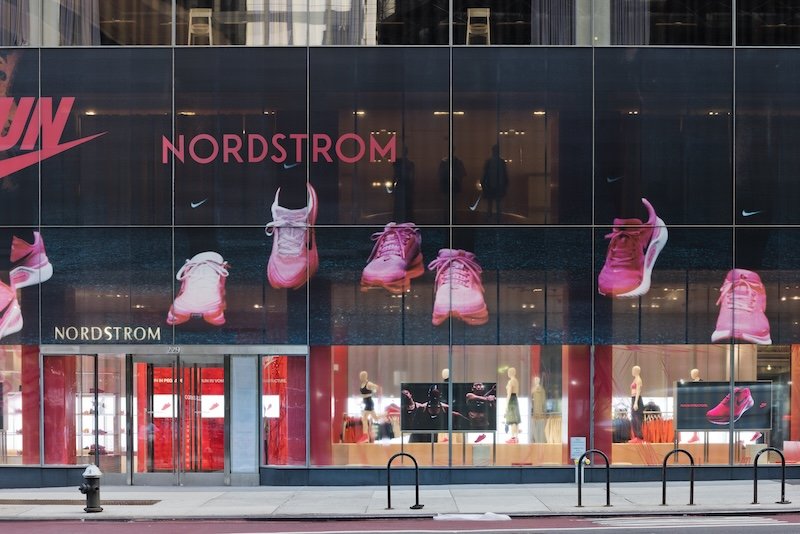



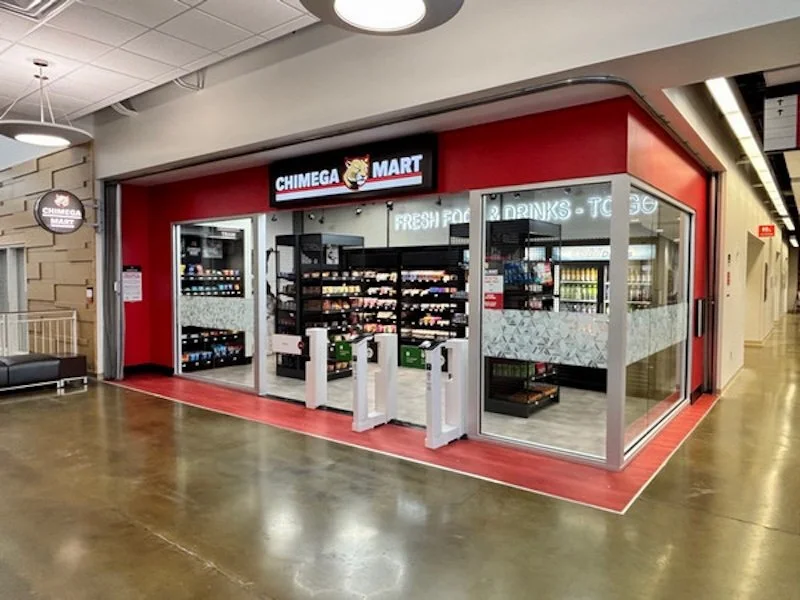
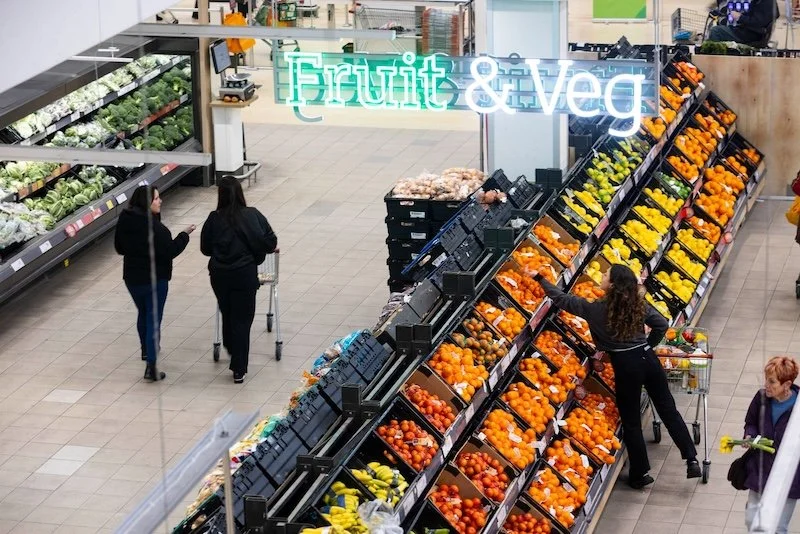






Continue reading…